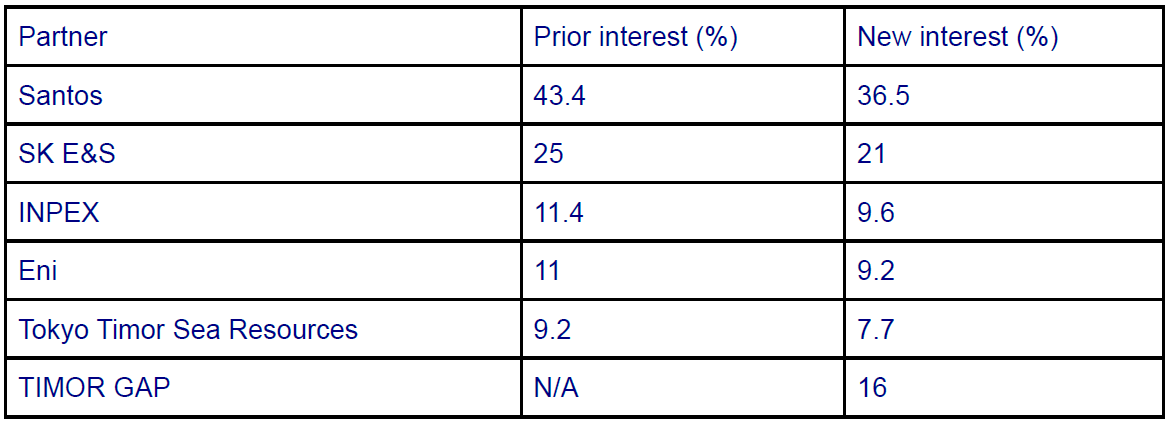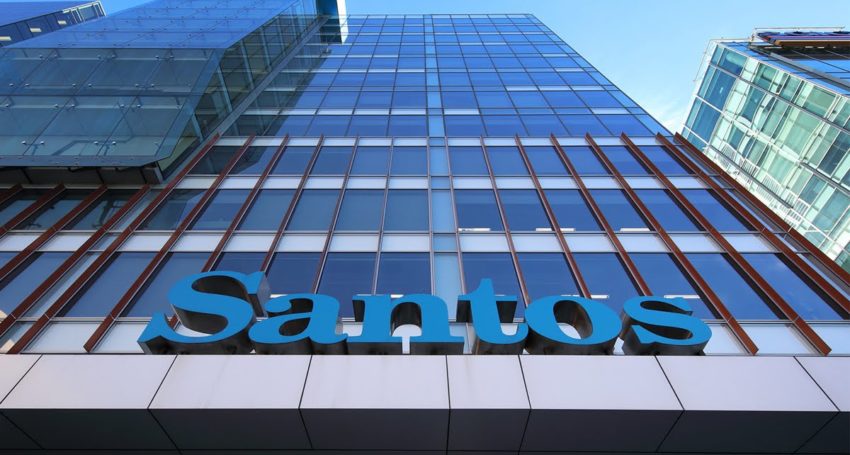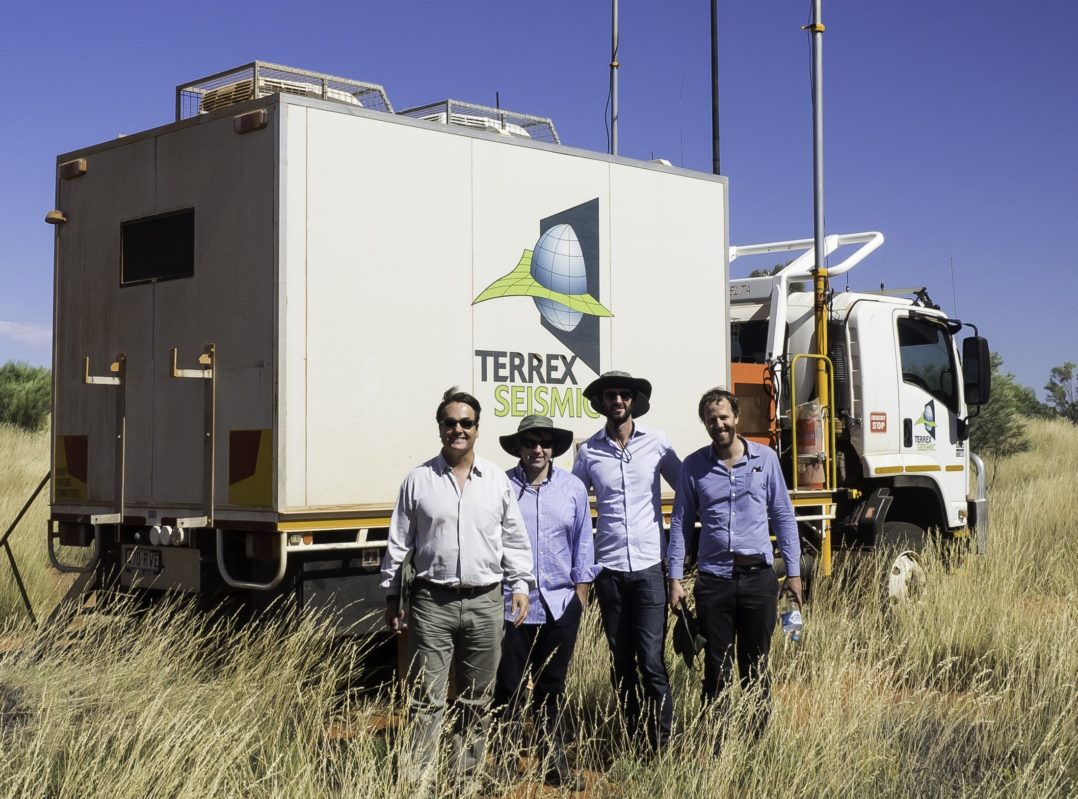The Bayu-Undan Joint Venture (BUJV) participants and TIMOR GAP have executed a Sale and Purchase Deed (SPD) to transfer a 16 per cent interest in the Bayu-Undan upstream project to TIMOR GAP, with an economic date of 1 July 2024. Completion of the SPD is subject to customary closing conditions.
Under the terms of the SPD, TIMOR GAP participates in the BUJV for the remainder of the economic life of production. As previously announced, the Production Sharing Contract (PSC) for Bayu-Undan will terminate at the earlier of 30 June 2026 or upon cessation of production.
The Bayu-Undan upstream project comprises the offshore petroleum field, and offshore production and processing facilities located in Timor-Leste. Bayu-Undan continues to produce gas into the Australian domestic market via a Gas Sales Agreement with the Power and Water Corporation of the Northern Territory, as well as producing valuable liquids.
The joint venture participants prior to TIMOR GAP’s entry into the joint venture are Santos, SK E&S, INPEX, Eni and Tokyo Timor Sea Resources. Following completion of the transaction, the working interests in the BUJV will change as follows:

Santos Managing Director and Chief Executive Officer Kevin Gallagher said the transaction was indicative of the business’ commitment to a long-term partnership with Timor-Leste, where Santos has now been operating for more than 20 years.

“I have long wanted to see TIMOR GAP as a partner of Santos and look forward to welcoming them as a participant in the Bayu-Undan JV,” Mr Gallagher said.
“The project has created local jobs, it has generated revenues for government and driven investment in building stronger and more resilient communities.
“We are delighted to have executed agreements relating to this transaction. The Bayu-Undan field continues to perform beyond expectations of its productive life.”
Santos remains committed to working with Timor-Leste and the joint venture to repurpose Bayu-Undan into a new large-scale, commercial carbon capture and storage project when petroleum production ends. This would create an ongoing source of revenue, local jobs and business opportunities for Timor-Leste by providing carbon management services to the Asian region.



